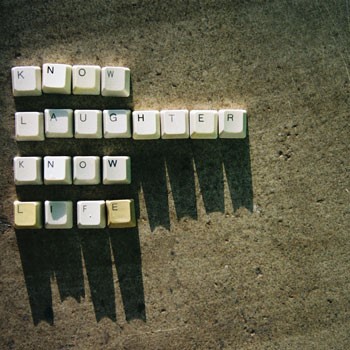
For aspiring teachers studying early childhood development courses ,enriching the lives of our nation’s children is a rewarding end goal. This includes guiding them through educational and social milestones essential for their development.
Once they’ve completed their early childhood development courses, and start their careers, there are activities they can implement in the classroom to boost spatial reasoning skills. These are essential to getting young children ready for school. Spatial reasoning helps build good mathematics skills and in many cases, set children up for academic success during their school years. Here are a few things that foundation phase teachers can do to increase their students’ spatial reasoning abilities.
Get out those blocks
It’s no secret that playing with blocks has been known to hone a host of skills in children. These include social, language, fine motor and cognitive skills. However, few people realise how important blocks are in developing spatial awareness. Studies have shown that children who play with blocks have superior spatial skills than ones who don’t. This is because playing blocks utilises a host of different movements, rotations and positioning pieces. This helps children gauge spaces and come up with the most effective solutions for each block. Then there’s the terminology and spatial language used whilst playing blocks. Under, next to and on top, fast become terms that are understood and used in other areas of life.
Puzzles… and lots of them
We’ve always been aware of puzzles and the link between spatial skills and problem solving. In moving each piece of the puzzle to try and place it correctly, children become better at seeing the whole picture (of the puzzle and of the correct space where the piece fits). They also do a fair amount of visualising and imagining of what the missing piece should look like based on colour, pattern and shape.
Get them used to maps
No matter how advanced technology gets, we still use some form of maps. Whether physical pieces of paper or the GPS kind, maps help us understand the world around us and the importance of understanding proximity. Where spatial awareness is concerned, maps help children recognise the distance between places, objects and themselves. From quirky treasure maps to maps of the world, there are so many fun and engaging ways to get children to enjoy working with maps. Navigation is also an important part of spatial awareness so maps play, is a crucial part in honing these skills. Getting them to understand direction and orientation will also mean improving their spatial skills.
Change their lives and yours
At The IIE’s Varsity College, we’ve seen just how rewarding it can be to take up a career that helps others. With an IIE Bachelor of Education in Foundation Phase Teaching, you could inspire countless young minds from the inside of a classroom. If you’d prefer to teach an older age group, you could choose an accredited IIE qualification for intermediate phase teaching as well. For more on how the IIE Bachelor of Education In Foundation Phase Teaching qualification can help you take life to the next level, please click here.